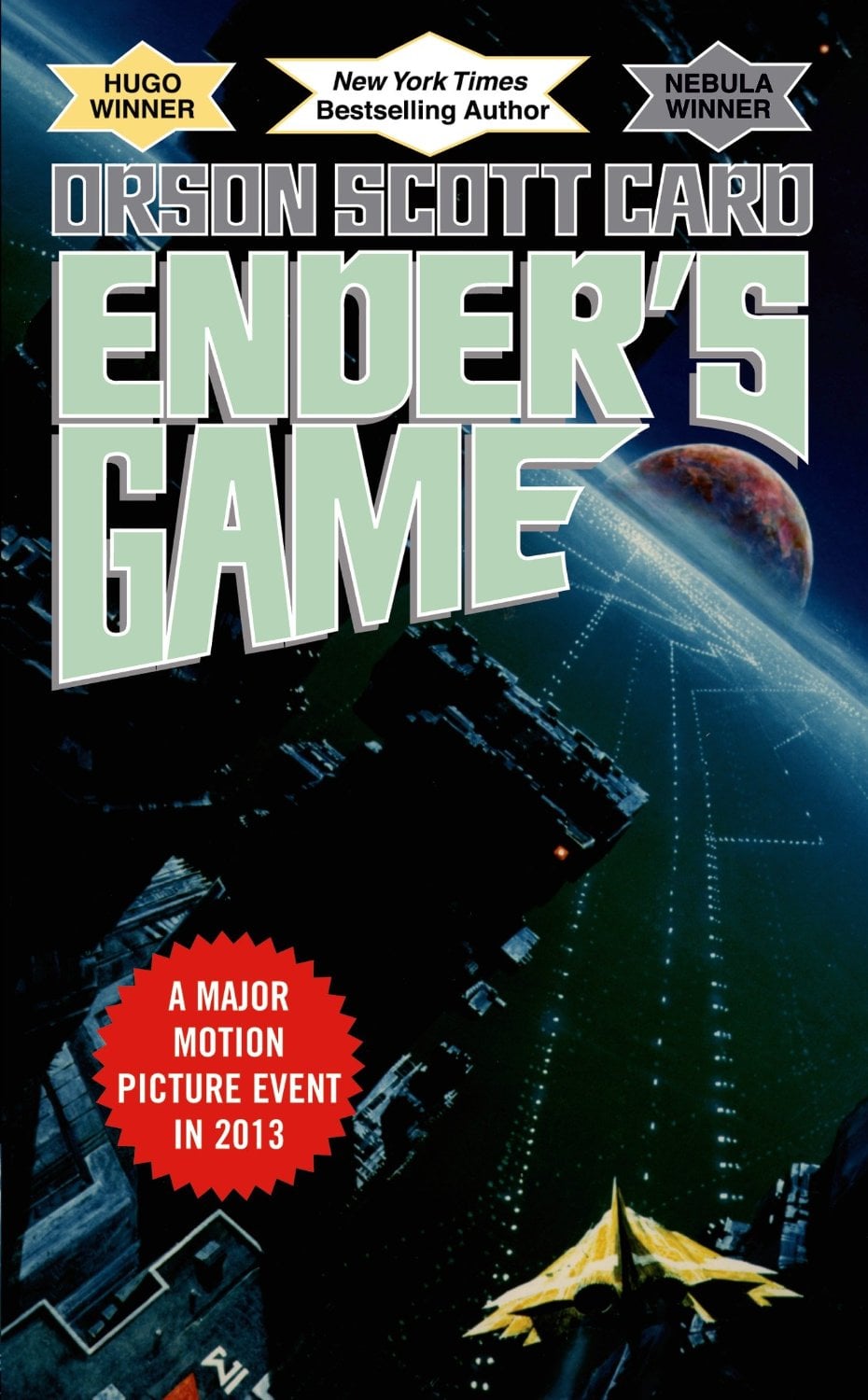Ender’s Game
I’ve heard about Ender’s Game a long time ago and didn’t get to read it until very recently.
I loved the book. It was very entertaining and easy to read. It kept me gripped to it and I read it very fast.
One thing I didn’t know and learned after I read the book is that it’s a recommended book for the Marines.
This is from Wikipedia
The U.S. Marine Corps Professional Reading List makes the novel recommended reading at several lower ranks, and again at Officer Candidate/Midshipman. [19] The book was placed on the reading list by Captain John F. Schmitt, author of FMFM-1 (Fleet Marine Fighting Manual, on maneuver doctrine) for “provid[ing] useful allegories to explain why militaries do what they do in a particularly effective shorthand way”.[20] In introducing the novel for use in leadership training, Marine Corps University’s Lejeune program opines that it offers “lessons in training methodology, leadership, and ethics as well. . . . Ender’s Game has been a stalwart item on the Marine Corps Reading List since its inception”.[20] It is also used as an early fictional example of game-based learning.[21]
Here is an excerpt from a Quora answer:
Thomas Lewandowski, I think, although I’ve been unable to find the answer, had a great answer about the importance of subordinates/NCOs. I’ll summarize what I remember.
Essentially, no matter how great you are, you will never be able to lead, command, or operate alone.
Some things can’t be solved by a platoon of guys, even if those guys are Delta SEAL ParaRaider Team Seven from ISASACHRT.
And that means that you have to be able to work inside of a team. Something that’s greater than yourself.
This is made clear in two characters. Bean and Peter. It’s revealed outside of the book and probably hinted at inside of it, but Bean is straight up smarter than Ender.
And Peter? He has far more of a “killer instinct” or willingness to fight and “close with and destroy the enemy.” (Not psychopathy.) Something typically desired by the people in the military, or at the very least, the military in this book.
But what do they both lack? Charisma. The ability to have people who will die for you and still love you while they do it. They may lead troops and lead them well, but their troops won’t be quite as loyal as under Ender. And that means, to borrow a term, they won’t be at “peak combat effectiveness.”
But it’s not just one’s charisma. It’s the knowledge that you must let those people you lead, lead others. Because you can’t lead everyone all the time. You have to have subordinates. And you have to trust them.
Ender has to be deliberate about how he uses his friends. He pushes one particular commander too hard, and she breaks. No fault of her own. Just that Ender relies on her too much. In other scenes, he contemplates all their various specialties and how he should apply them to scenarios that best fit their talents. Additionally, the book dwells on the fact that officers cannot exist inside of the same relationships that subordinates have with each other. There has to be a distance between yourself and your subordinates.
But regardless of that small lesson inside of a lesson, Ender couldn’t have done it without a team he trusted. And arguably more importantly, he couldn’t have done it without a team that trusted him. His delegation and leadership skills got him that victory as much as his own personal genius.
In military terms, this would probably be translated to a fresh “butter bar” lieutenant as: TRUST YOUR NCOs! In capital and bolded, and probably italicized letters. That was primarily what Mr. Lewandowski wrote about, although I’m sure his was much better. Although, this lesson could be applied to any level of the military.
In order to reach peak effectiveness, trust needs to exist between the members of a team. And they must be allowed to operate with some level of initiative and freedom.
